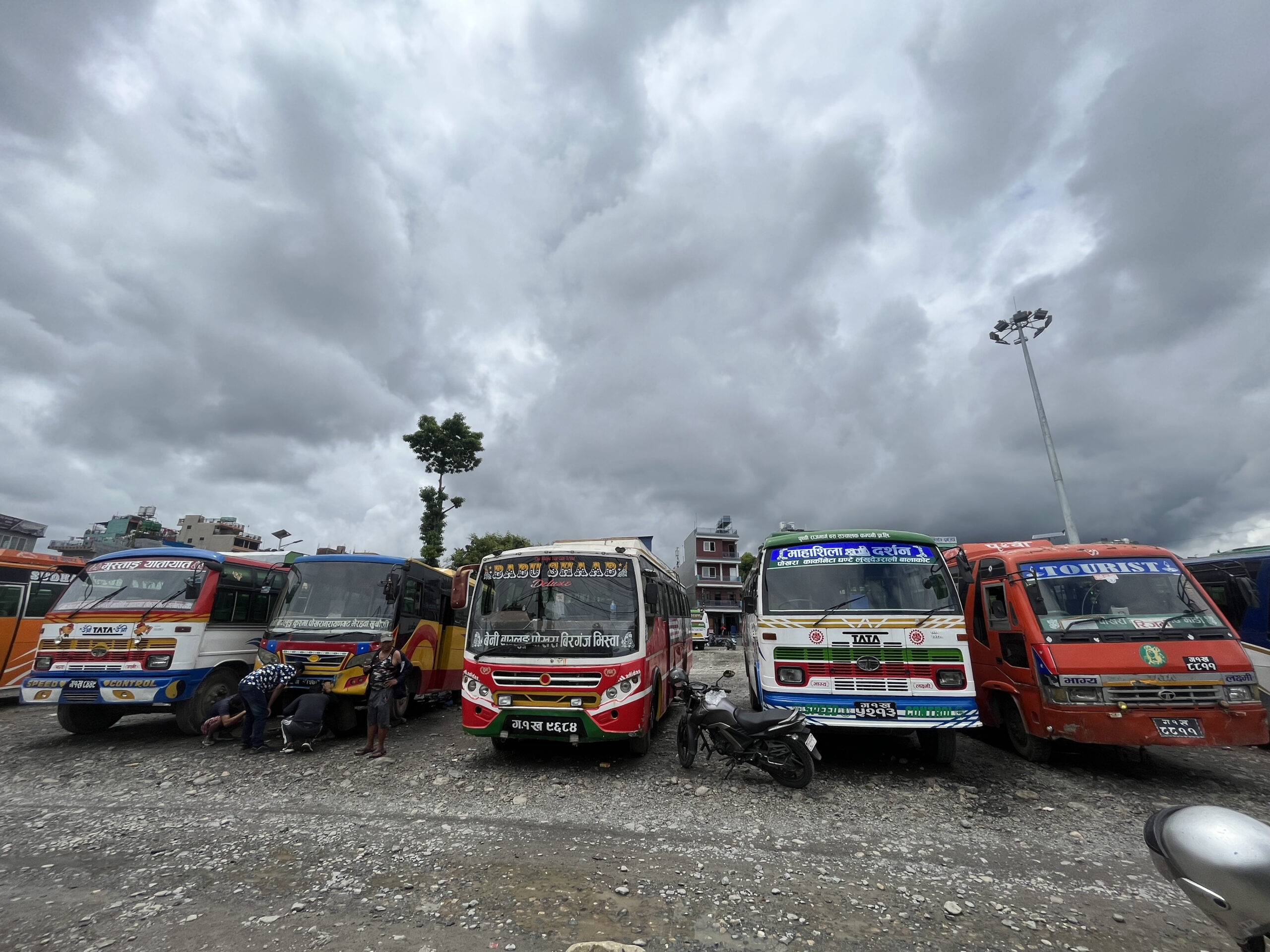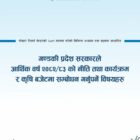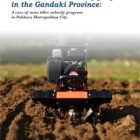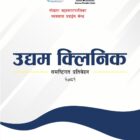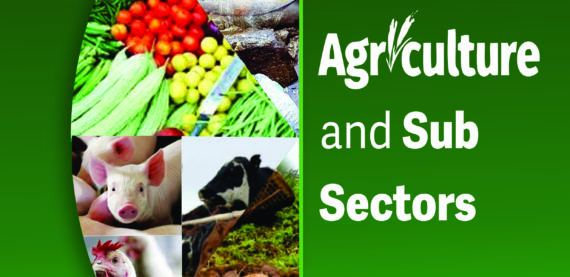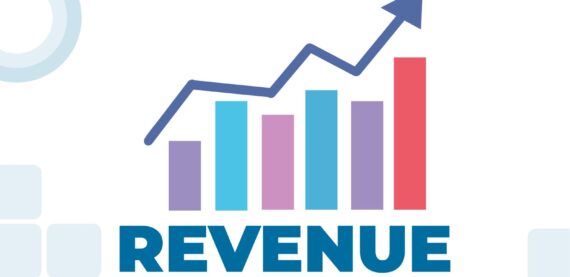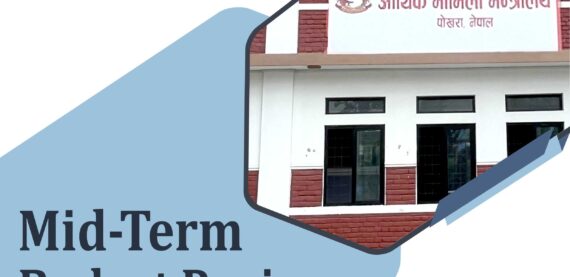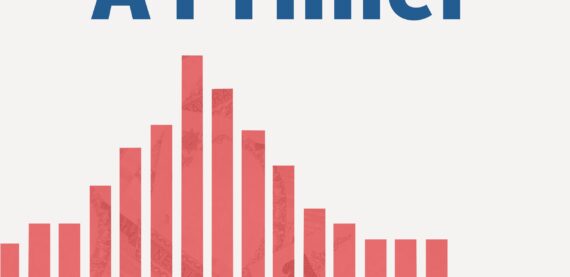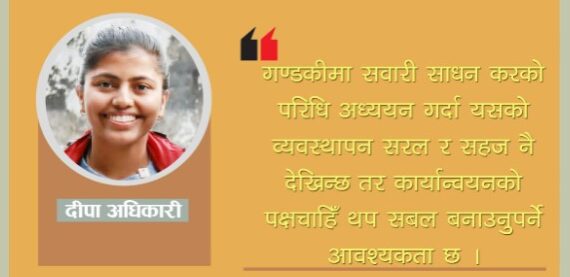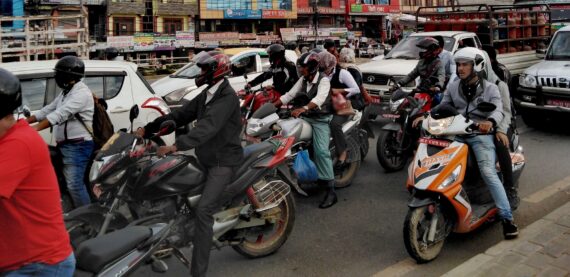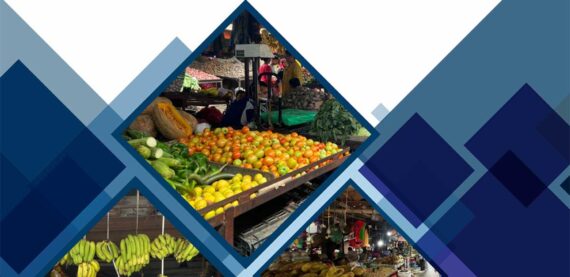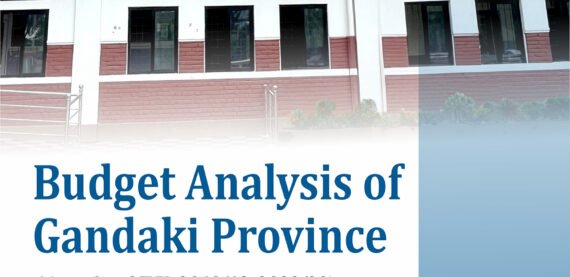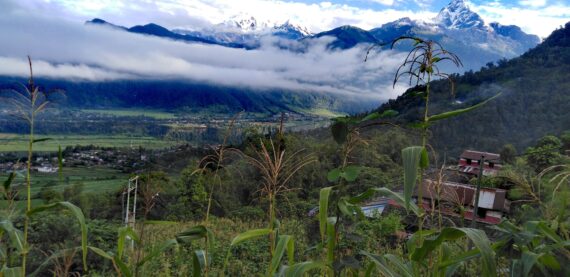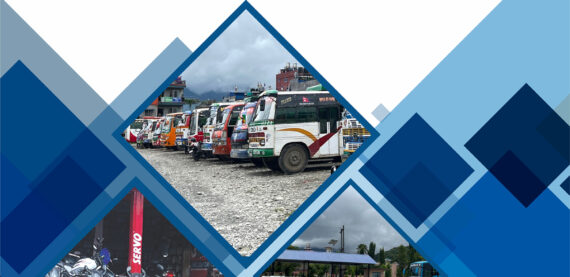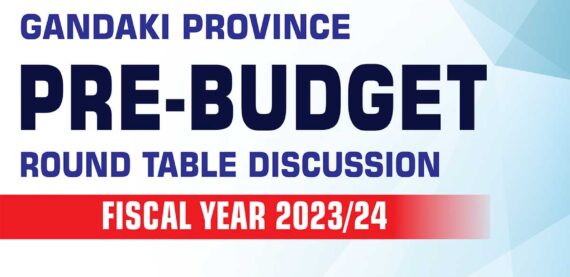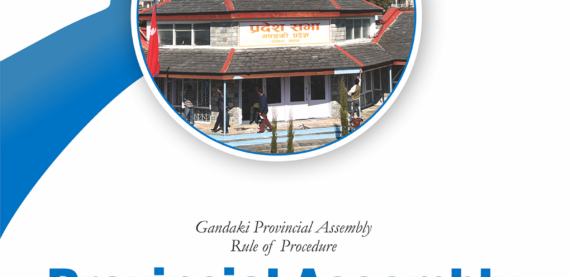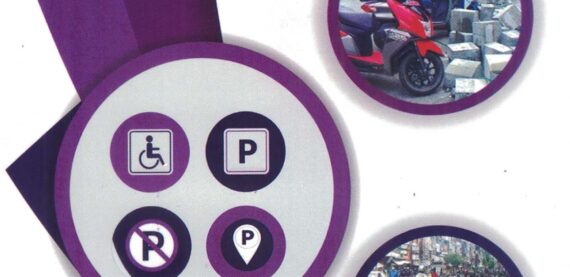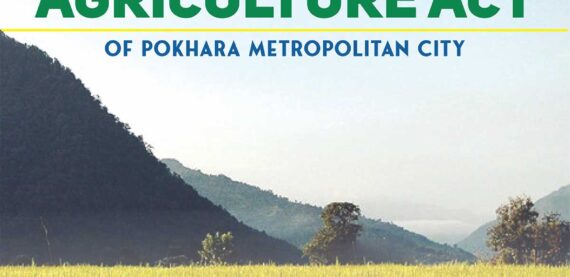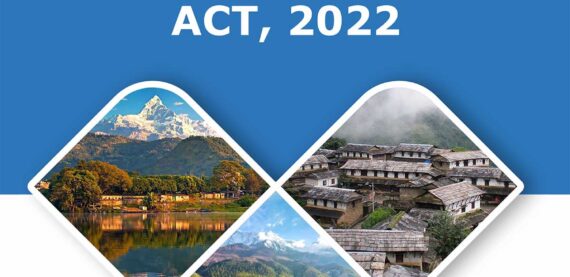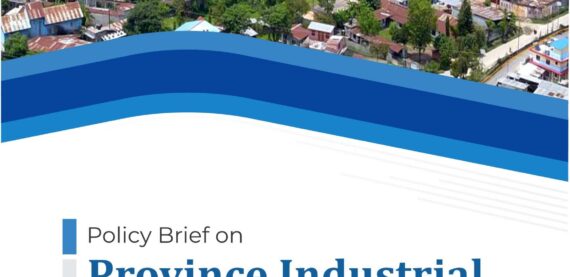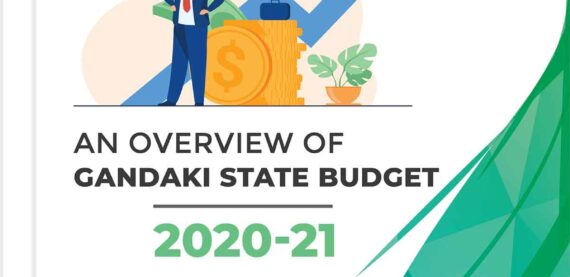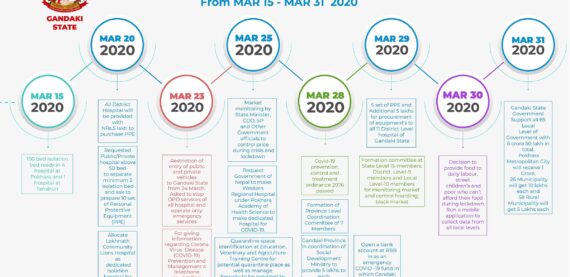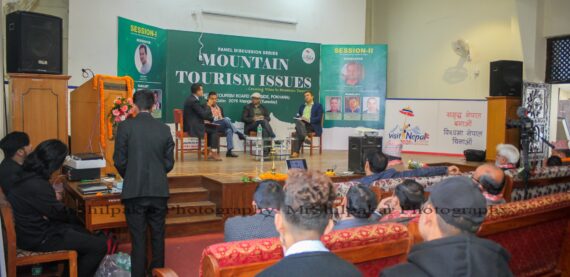With the advent of federalism, the Constitution of Nepal 2015 introduced a transformative change by dividing Nepal into seven provinces and embracing the principles of power decentralization and power sharing. This division not only brought about a reconfiguration of administrative boundaries but also granted greater autonomy to the provincial governments. As part of this decentralization process, the provincial governments have implemented varied motor vehicle taxes based on categorization, cubic capacity (cc), and vehicle types. This move reflects the shift towards local governance and highlights the provincial governments’ authority in shaping policies and regulations that cater to the specific needs and priorities of their respective regions where the tax collecting authority is the integral part of such fiscal federalism. In this regard, different types of tax concessions have been provided to public transportation in Provinces. One of them is a tax rebate set on for the fare concession provided to students on the basis of their ID. Here this article will analyzes tax rebates on public motor vehicles in the Gandaki Province based on its Financial Act.
Fare concession is a kind of privilege provided based on Student’s ID card. Despite the attention given to the students to give those discounts on the fare while travelling on public transport vehicles, still some public transport operators continue to ignore, disrespect and misbehave with the students. But still such public transport are enjoying annual tax exclusion for such purposes by the provincial government ignoring the tax rebate facilities’ motives.
The Gandaki Finance Act of fiscal year 2075/76, 2076/77, 2077/78 and 2078/79 had simultaneously provided 60 percent tax exemptions on public motor vehicles’ taxation (buses, mini buses and microbuses) for the concession fare been provided to students on the basis of their college or school identification cards. But for the fiscal year 2079/80, this exclusion was made to be 33 percent taxation exclusion for public vehicles on providing such fare concessions from 60 percent.
Since the fiscal year 2079/80 has provided 33 percent exemption on public motor vehicles taxes which have to provide fare concession for students on showing their students id cards, this rate is 27 percent less in comparison to previous fiscal years of the last four years. Additionally, it shows that the provincial government has put stricter policies and regulations into place for public transportation, which may be viewed as a step in the right direction to guarantee safety and high-quality service. It also suggests that the sector of public transportation may face a greater financial strain, which could have an impact on the level of service delivered.
At the moment, the concession provided to students for the fare of public transport is 45 percent which acts as a supporting factor to support students’ livelihood in cities. But such concession on fare is not provided on inter-cities travel transportation on public vehicles. While traveling from the city of Pokhara to Putalibazar of Syangja; such fare concessions on the basis of student ID cards are not provided by the public vehicles. Although, it’s a sad aspect, the Gandaki Provincial Government can overlook this concern for working on the welfare of the students and facilitating the public motor
vehicles mobility and affordability. The Provincial Government must utilize the facility of tax exemption provided to public motor vehicles on the basis of student ID cards’ fare concessions effectively and efficiently.
Further, for this F/Y 2080/81, the Gandaki Province Government has made the perseverance of taxation exclusion on Public Motor Vehicle to be 60 percent. But the precise and clear reason behind this increment on tax exemption of Public Motor Vehicles from 33% to 60% is not unblemished.

A committed and ambitious lawyer, currently enhancing her expertise on Good Governance and Parliamentary Affairs as a meticulous researcher at the Pokhara Research Centre.

